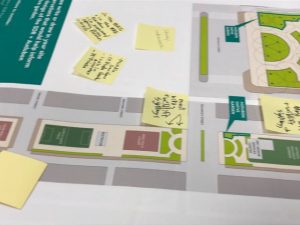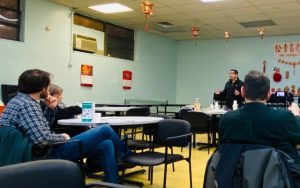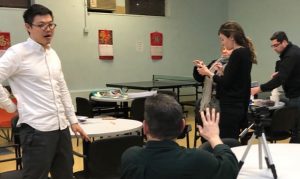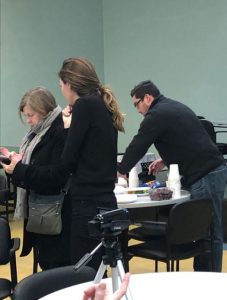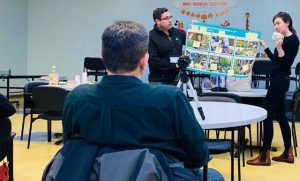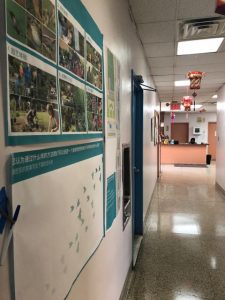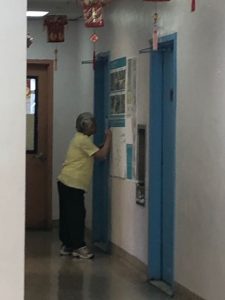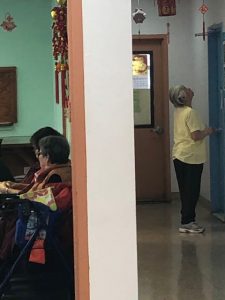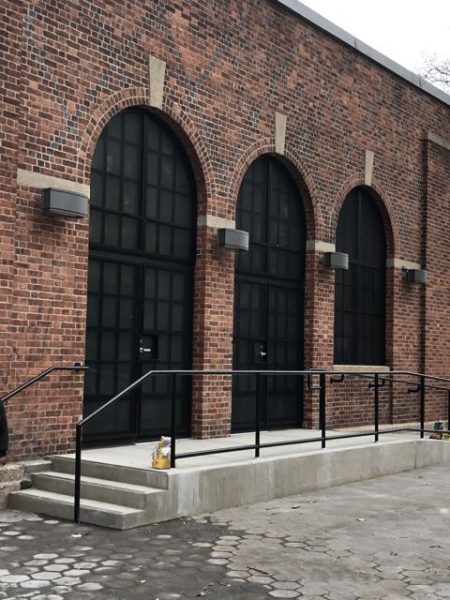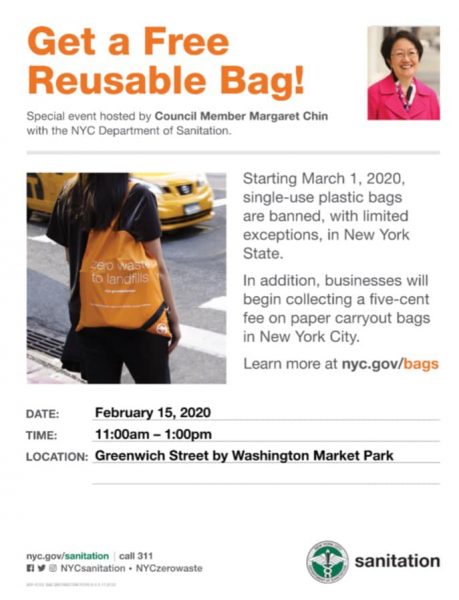NYC Council Tuesday, February 25, 2020 at 10:30 A.M. in the 16th Floor Committee room, 250 Broadway, New York, NY
“This local law requires that the office of long-term planning and sustainability, or such other agency or office as the mayor shall designate, develop for each city agency and each affiliated governmental organization a climate emission plan projection designed to assure that each city agency and each affiliated governmental organization remains below the upper level of greenhouse gas emissions needed to achieve the city’s previously identified climate reduction goals.”
NEW YORK CITY COUNCIL
RE: Oversight – Addressing Challenges in Meeting our Carbon Emissions
Int 270 – A Local Law in relation to mandating that preliminary and executive budget accounting include an accounting of carbon emissions, offsets, mitigation, and net carbon impact
Int 1720 – A Local Law requiring the office of long term planning to develop climate emissions plans for city agencies.
Please be advised that the Committee on Environmental Protection will hold a hearing on Tuesday, February 25, 2020 at 10:30 A.M. in the 16th Floor Committee room, 250 Broadway, New York, NY regarding the above-referred topics. To view the topics in detail, please CLICK HERE.
You are hereby invited to attend this hearing and testify therein. Please feel free to bring with you such members of your staff you deem appropriate to the subject matter.
If you plan to participate, it would be greatly appreciated if you could bring thirty (30) copies double-sided of your written testimony to the hearing.
I would appreciate receiving a response from you as to whether or not you will be able to attend. Thank you for your cooperation.
Sincerely,
Jonathan Ettricks
Legislative Documents Unit
New York City Council (Twitter Account)
Access Provided: For questions about accessibility or to request additional accommodations please contact Nicole Benjamin (NBenjamin@council.nyc.gov or 212-482-5176) at least 72 hours before the hearing.
For all other questions about the hearing, please contact Nadia Johnson (NJohnson@council.nyc.gov or 212-482-5459).

